0 Comments
More people in the U.S. are addicted to food than any other substance including drugs or alcohol. So, let’s talk about some of the signs that you might have an addiction to food or are a food addict.
WARNING: This video contains explicit language. I always find it fascinating talking with people who are having issues with losing weight or who have lost a lot of weight but have put all or most of it back on. So many have the same attitude and reasoning about why they gained the weight back—I got hurt; I got sick; the diet I was on got too expensive; I got tired of eating like that and exercising; or, I hit my goal and just went back to the way things were. And for many of us who have been or are currently overweight or obese, there’s something that you’re just going to have to do before you’re ever going to truly keep the weight off—you are going to have to admit that you have an addiction.
Almost every day I am asked, "how can I lose this weight," or "how do you keep the weight off?" My response is, "I had to change my lifestyle." Sounds easy, right? It's not.
Know that you have resources. Know that there are people you can reach out to and places you can go to seek help. These resources include organizations like OA (Overeaters Anonymous), your doctor, a registered dietician, and perhaps a licensed therapist or behavioral specialist—someone to help you identify the root cause of your over eating and deal with the issues at hand.
Is there anything I can do to fight my addiction? Food addiction is an eating disorder. Other eating disorders we are familiar with include anorexia and bulimia. The psychological issues associated with eating disorders are similar to those that accompany addiction. The American Psychological Association estimates that about 5 million Americans suffer from a diagnosable eating disorder. And according to a 2007 analysis of government data, roughly one-third and one-quarter of people with bulimia and binge-eating disorder, respectively, will also have an alcohol or drug problem at some point in their lives. However, when attempting to overcome a food addiction, it is important to understand that it cannot be overcame the same as other addictions. As mentioned early, this is one addiction we truly cannot abstain from.
So what do we do? The key to overcoming a food addiction is uncovering the underlying issue. Here is an example. In Monday’s post, Dan talked about overeating, an eating disorder. Many people who over eat also have an addictive personality. In today’s post, Dan talks about addiction and the addictions he has faced. This is part one of a three-part series. Image found at weheartit.com I always feel FAT!
Why is it that I always feel like the fat kid, even though I have lost weight and I am in great physical shape? There isn't a day that goes by that I don't feel like I'm overweight. When I look in the mirror, I don’t see the guy who has lost over a hundred pounds. I see a person who could lose another 30, 40, maybe 50 pounds. Once you've been in competition shape—having your body fat around 3%—and put yourself on stage, you will always want to be that person, especially if you have had body image issues in the past. Unfortunately, maintaining those goals is incredibly difficult. A very small percentage of people look like that year round. We tend to associate the body image issue with young woman who develop eating disorders such as anorexia or bulimia. Overeating is also an eating disorder. from ACE Pro Source  Good news for all you picky eaters (and, especially, parents of picky eaters): A new study suggests it may be possible to train the brain to prefer healthy low-calorie foods over unhealthy higher-calorie foods. According to new research by scientists at the Jean Mayer USDA Human Nutrition Research Center on Aging (USDA HNRCA) at Tufts University and at Massachusetts General Hospital, a brain scan study in adult men and women suggests that it is possible to reverse the addictive power of unhealthy food while also increasing the preference for healthy foods. “We don't start out in life loving French fries and hating, for example, whole-wheat pasta,” If not, what are you doing about it?
Are you accomplishing your goals? Are you keeping up with your kids? Are you carrying around an extra 40, 50 or even 100 pounds of extra weight? Once again what are you going to do about it? It's a new year; it's a new beginning to your life. Why not do something about it. Now the time to take control and start living a healthier lifestyle. Is it easy? Is it something that's going to come naturally? The answer to both is no! Thanksgiving is just around the corner! How many of us tend to eat so much on Thanksgiving that we are miserable? We know that we do! And how many of us tell ourselves, "It's just once a year," or "It's Thanksgiving; this is what we do on Thanksgiving!" So instead of feeling miserable this Thanksgiving, let's help each other to avoid over eating.
Here are some tips and tricks from me and Dan that may help you avoid overeating this year. As over eaters, this time of year can prove to be quite challenging. With the time change, darkness falls upon us much earlier. The temperature is falling. And the holidays are just around the corner. Are these just excuses for us to over eat, or are these legitimate reasons we over eat?
It has been almost one year since I lost 100 pounds. You would think this would start getting easier...but it's NOT!
For those of you who have an addictive personality, you may understand that we can find ourselves falling back into old habits that can cause problems in our lives. Addictions can be with alcohol, cigarettes, drugs and yes, even for some of us it's FOOD! |
Archives
September 2024
Categories
All
|

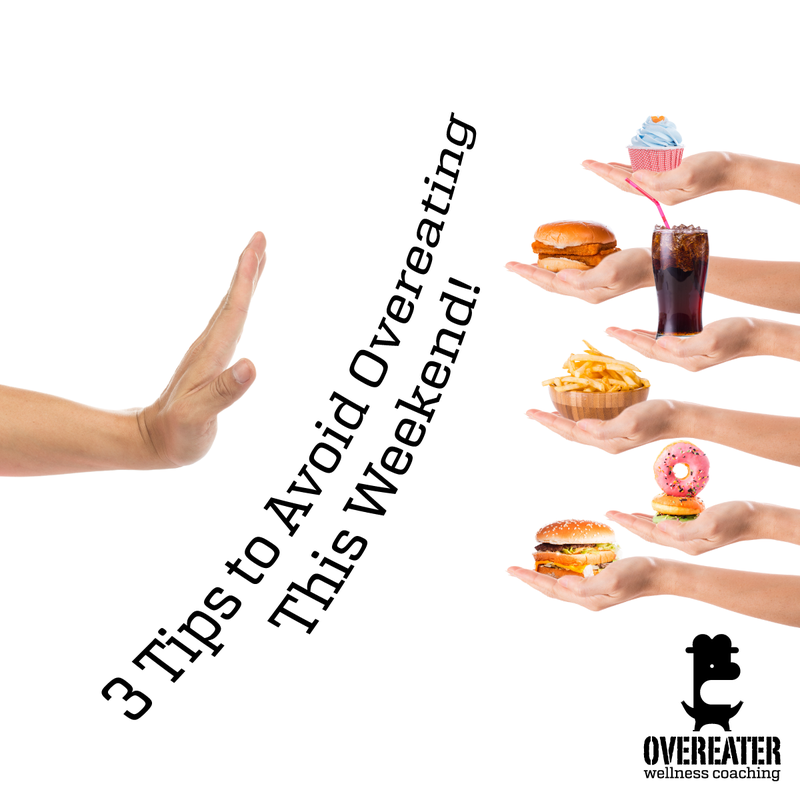
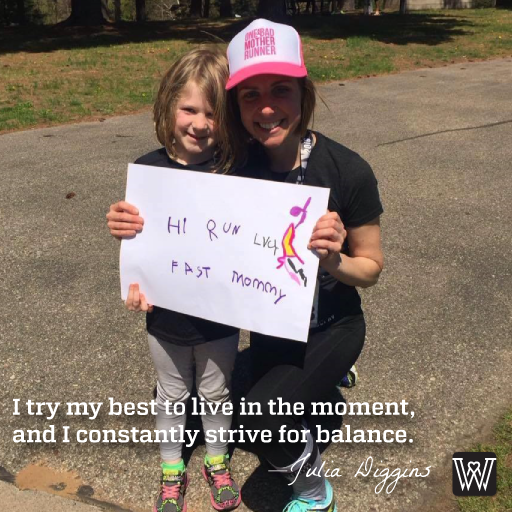
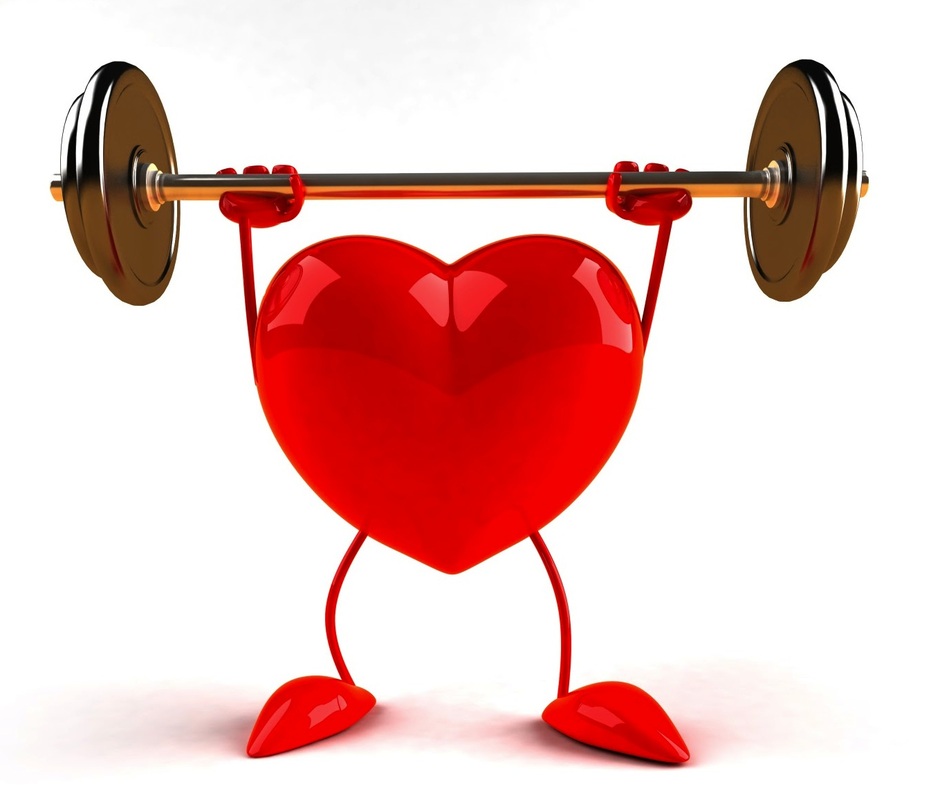
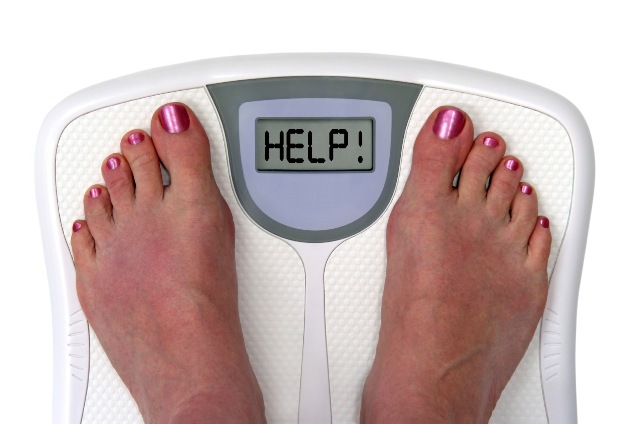
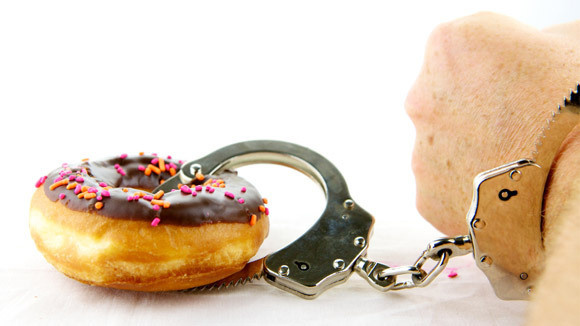
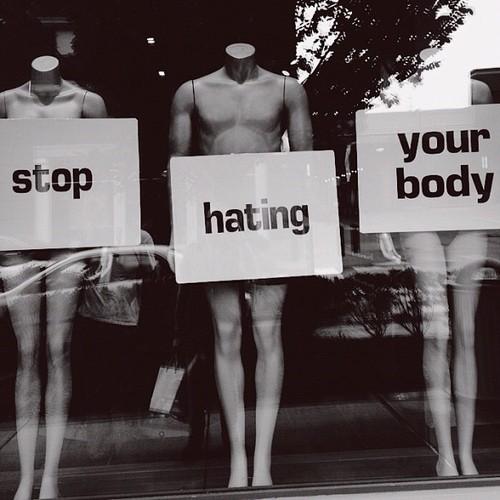

 RSS Feed
RSS Feed